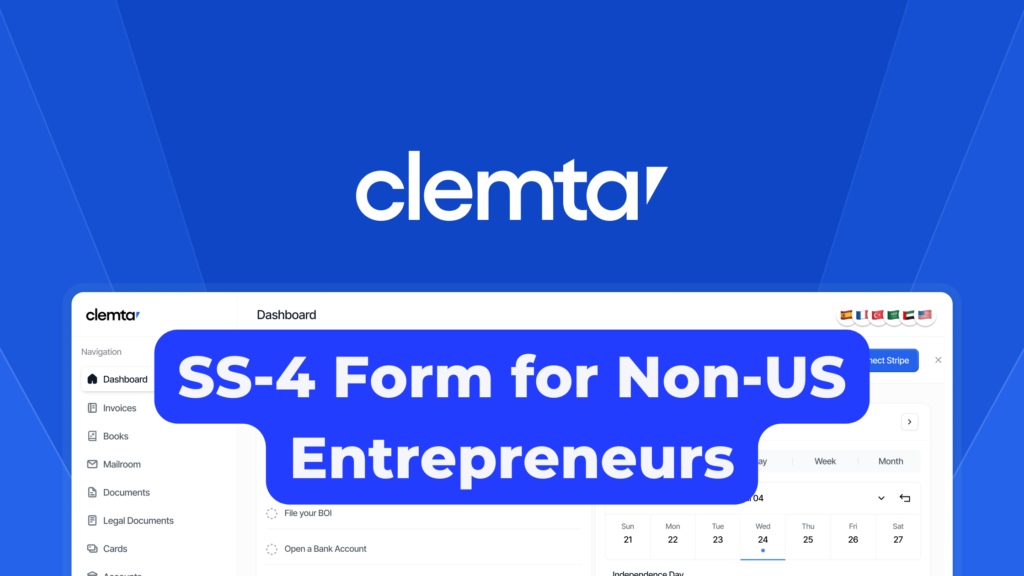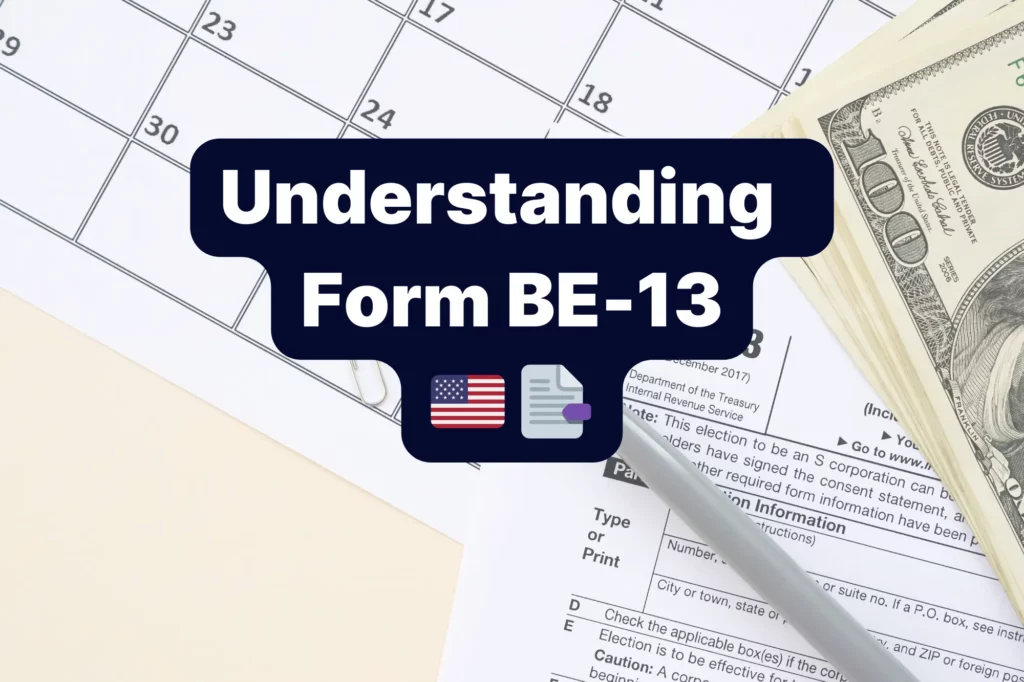Starting a business in the United States as a non-resident provides numerous opportunities for growth and access to a vast market. However, understanding the legal and procedural requirements can be daunting. One of the first steps in this journey is ensuring you have all the necessary documents required for company formation. This guide will walk you through the essential paperwork needed to establish your business in the USA successfully.
1. Company Name Reservation
Before diving into the formalities, decide on a unique name for your business. Conduct a name search to ensure it’s not already in use and then reserve it with the state of registration. While this step is not mandatory in all states, it’s a proactive way to ensure your business name is protected until you’re ready to file. Reserving your company name also helps prevent potential legal issues related to trademark infringement and provides peace of mind as you move forward with your business plans.
? Have not decided yet? Visit our blog 200+ Small Business and LLC name ideas.
2. Articles of Incorporation/Organization
The cornerstone document for forming a company, known as Articles of Incorporation for corporations or Articles of Organization for LLCs, outlines the basic details of your business. This includes:
- Business Name
- Principal Place of Business
- Type of Business Entity (LLC, Corporation, etc.)
- Purpose of the Business
- Names and Addresses of the Registered Agent and Directors/Officers
This document must be filed with the state’s Secretary of State office where you plan to incorporate. Filing these articles formally establishes your business as a legal entity, providing a foundation for liability protection and credibility with customers and partners. Additionally, it is important to ensure that the information provided is accurate and complete, as this document serves as the official record of your company’s existence.
3. Operating Agreement/Bylaws
Although not always required by state law, having an Operating Agreement for an LLC or Bylaws for a corporation is highly recommended. These documents outline the internal management structure, roles, and responsibilities of members or shareholders, and provide clarity in the event of disputes. A well-drafted Operating Agreement or Bylaws can prevent misunderstandings and conflicts by clearly defining how decisions are made, profits are distributed, and changes in ownership are handled. This internal governance document serves as a critical tool for maintaining harmony and ensuring smooth operations within your business.
4. Employer Identification Number (EIN)
An Employer Identification Number (EIN) functions like a Social Security Number for your business and is necessary for tax purposes, opening a bank account, and hiring employees. You can obtain an EIN from the IRS through an online application, which is a relatively straightforward process. Having an EIN also allows you to establish credit for your business, separate from your personal credit, and is often required by suppliers and vendors for transactions. Obtaining an EIN is a crucial step in legitimizing your business operations and ensuring compliance with federal tax regulations.
5. Foreign Qualification Certificate
If you plan to operate your business in states other than where your company is registered, you’ll need a Foreign Qualification Certificate. This certifies that your company is authorized to do business outside its state of incorporation. The process of obtaining this certificate involves registering as a foreign entity in each state where you plan to conduct business, which may include filing additional paperwork and paying state-specific fees. Ensuring compliance with each state’s regulations helps avoid penalties and legal issues, allowing your business to expand its reach seamlessly.
6. Initial Report
Some states require newly formed companies to file an Initial Report shortly after formation. This document typically includes basic information about your business, such as registered agent details and primary business activities. Filing the Initial Report on time is essential to maintain good standing with the state and avoid late fees or penalties. This report also serves as an opportunity to confirm that the state’s records accurately reflect your business’s current status and operations.
7. Licenses and Permits
The nature of your business might require specific licenses and permits, depending on state and local regulations. Ensure you research these requirements thoroughly based on your business type and the states in which you plan to operate. Obtaining the necessary licenses and permits ensures compliance with industry-specific regulations and helps build trust with customers and partners. Failing to secure the appropriate licenses can result in fines, legal action, and damage to your business’s reputation.
8. Proof of Address
A verifiable physical address in the United States is often needed for official correspondence. Many non-resident entrepreneurs use a registered agent service that provides a valid address for this purpose. Having a reliable address for your business is crucial for receiving important legal and tax documents and maintaining a professional image. Additionally, a registered agent can assist with compliance requirements by handling state filings and notifications on your behalf.
9. Bank Account Setup
While technically not a document, opening a U.S. business bank account requires specific documents like your EIN, Articles of Incorporation/Organization, and ID proof. It’s a crucial step for managing finances efficiently. A dedicated business bank account helps separate personal and business finances, simplifies accounting and tax preparation, and provides access to financial services tailored to business needs. Establishing a relationship with a bank also opens opportunities for business loans and credit lines, supporting your company’s growth and development.
Conclusion
While the process of forming a company in the USA involves gathering and submitting a variety of documents, understanding each one’s purpose simplifies the process and helps avoid potential setbacks. Engaging a reliable business service provider can also alleviate much of the stress, ensuring legal compliance and smooth navigation through bureaucratic requirements. By taking the time to prepare and organize these essential documents, you set the foundation for a successful business venture in the United States.
If you’re ready to take the next step in forming your company in the USA, Clemta is here to guide you every step of the way. Sign up today to simplify your business formation process and unlock new opportunities in the US.







